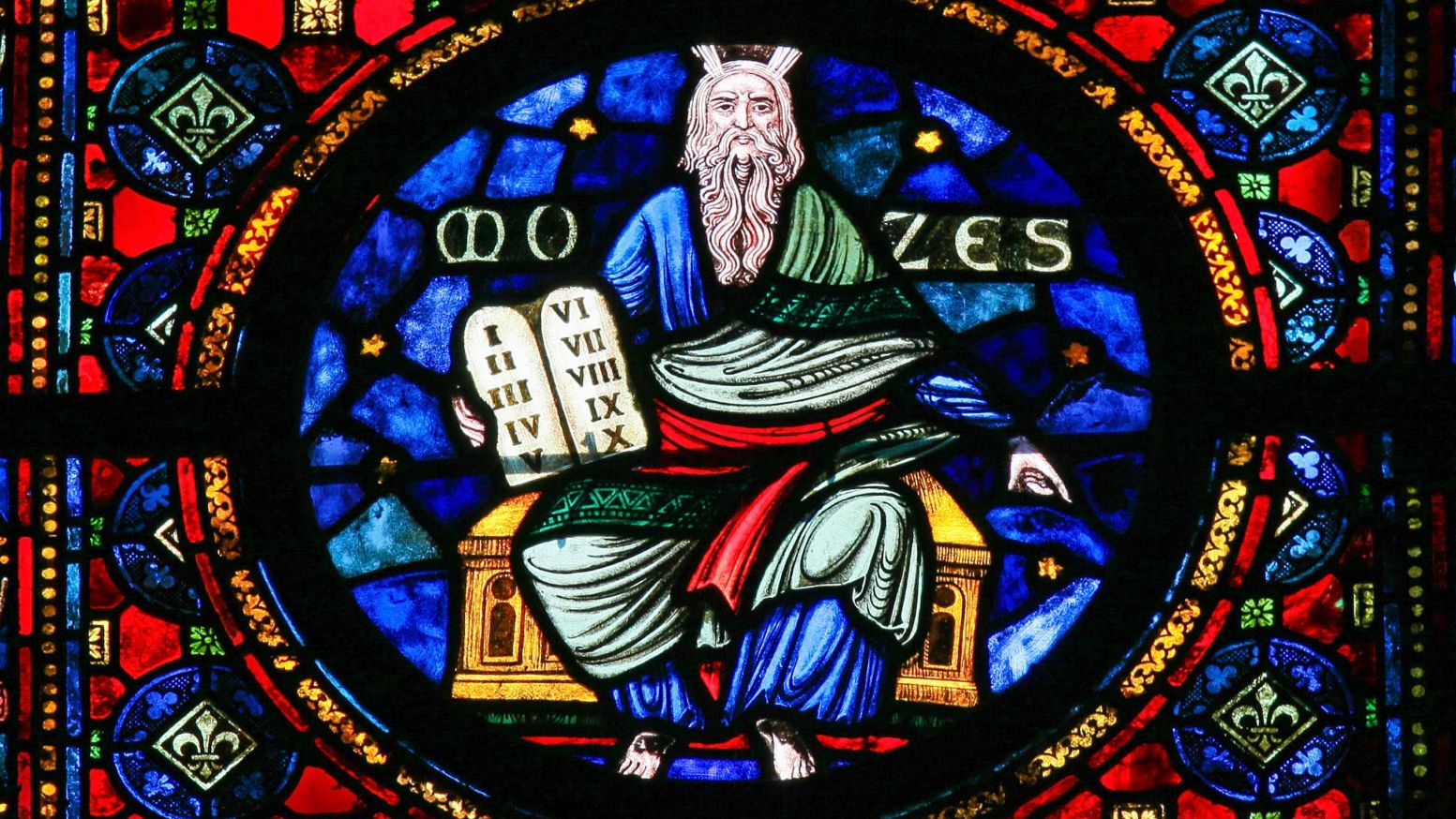Divine Command Theory (DCT) holds that God’s will (the sum of His commands)[1] determines the moral law. To obey God is to be moral and to disobey God is to be immoral.[2] Another way to say this is that religion is the source and arbiter of morality.[3] More specifically, DCT says:
- A is required of S if and only if a just and loving God commands S to do A.
- A is permitted for S if and only if a just and loving God does not command S not to do A.
- A is forbidden to S if and only if a just and loving God commands S not to do A.[4]
Consequently, according to Divine Command Theorists the pursuit of a secular ethics is at best incomplete, and at worst, vain and immoral in itself. This long-favored moral philosophy is now altmodisch, however, as today’s project in ethics is to establish a secular moral system unfettered from God and religion.
This “out with the old and in with the new” process is a common source of conflict in modern American society—think Same-sex Marriage, Environmentalism, Transgenderism, Speciesism, Free Speech, Rights of the Unborn, etc. Christians in the main, for example, believe same-sex marriage is immoral. [5] But, by secular ethicists, it is generally thought to be permissible. Again, the Christian form of DCT would hold the expression of Transgenderism to be immoral. Secular ethicists would disagree. And, on Christian DCT, the unborn have the right to life. But, many (though not all) secular ethicists would argue to the contrary.
In each of these cases, the adherents of DCT arrive at their moral judgments on the basis of God’s will—the Bible for Christians, for example. Whereas, adherents of a secular ethics who reject DCT make their determinations on other bases—perhaps a utilitarian calculus or a deontological consideration. This conflict is a valuable case-study of the differences in thought between the adherents of each system. It demonstrates that ethical systems have significant social consequences—consequences which prompt serious effort in determining which ethical system is truly right.
Naturally, such a heated and central conflict is neither limited to these and other particulars nor is it exclusive to the modern era. Rather, it extends to the very systems themselves and well back into history. In fact, the strongest argument against DCT was not made by Christopher Hitchens, Richard Dawkins, Sam Harris, or Dan Dennett. These guys, for all they offer, are just footnotes to Plato’s Euthyphro (ca. 380 BC).
The Euthyphro as it is called asks the following questions: Is something good because God wills it? Or, does God will it because it is good? There is more to these seemingly innocuous questions than one might first realize. These questions, in fact, form a strong dilemma. Plato asks the DCT adherent which he believes:
- God’s commands are arbitrary (from the first question).
- Good is external to God (from the second question).
Which will the DCT adherent affirm? He cannot affirm both. And, at first assessment, it is hard to see how there could be any alternative to choosing one. To defend the viability of DCT, one must answer the Euthyphro. We will do this in part 2.
[1] For example, the greatest psalm in the bible says, “May my tongue sing of your word, for all
your commands are righteous” (Psalm 119:172, NIV).
[2] Pojman, Louis P., and James Fieser. Ethics: Discovering Right and Wrong. Cengage Learning,
2017, p. 194.
[3] ibid, p.195.
[4] Moreland, J. P.; Craig, William Lane. Philosophical Foundations for a Christian Worldview
(Kindle Locations 14783-14786). InterVarsity Press. Kindle Edition.
[5] Christianity is a DCT viewpoint I am familiar with and can represent fairly.
